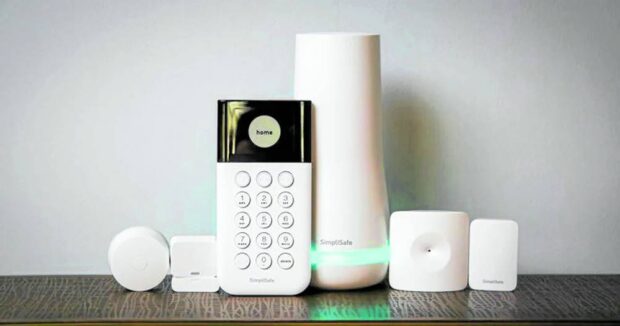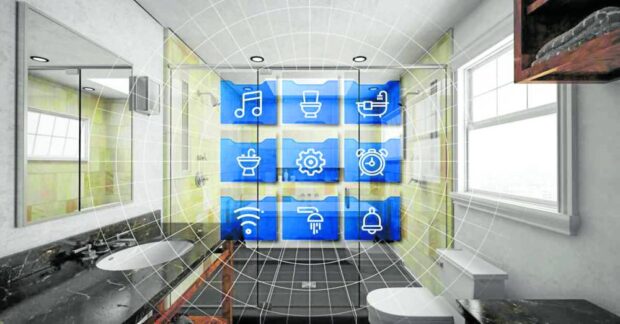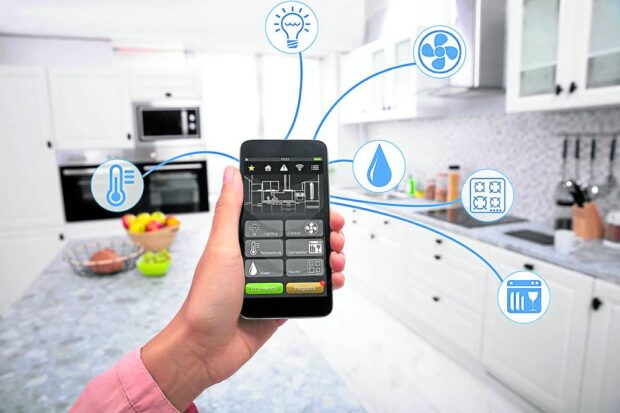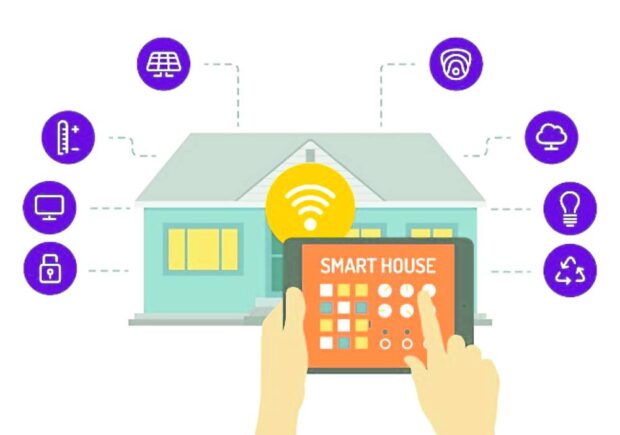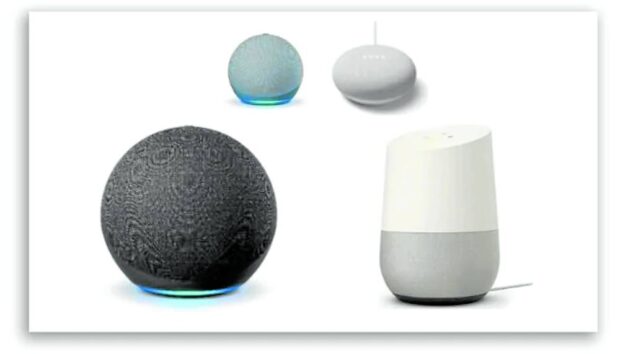Setting up a smart home
Smart homes provide the convenience of a seamless and connected lifestyle.
Once seen only in the most expensive homes, smart features are now considered practical and useful, prompting many to either retrofit their spaces with the most sophisticated systems, or at the very least, add smart appliances and fixtures. Some even go to the extent of purchasing new modern homes that already have built-in automation systems. If you want to start transforming your unit or house into a smart home, here are some of the features you may want to consider.
Advanced security control system
An advanced security control system is one of the key features of a smart home. It is also probably one of the main reasons why demand for smart features has grown considerably over the last several years.
Part of the security control system are the electronic or smart locks, which are operated with push-button numerical combinations or can be remotely unlocked using a device to allow entry and exit of authorized guests. Detectors, monitors, and sensors are also part of the security system. These can protect homeowners against crimes like burglary and vandalism and accidents such as fire. Also, internet cameras are installed for real-time monitoring of family members and even pets for their protection and security.
Smart bathroom
A smart bathroom—with its digital, motionless, and touchless elements that prioritize personal hygiene, water conservation, and customization—is a common feature in smart homes.
The motion sensor technology faucets help prevent the spread of dirt and germs, while a customized digital shower provides connectivity options and customization of user profiles that control elements like temperature, duration, and even optional audiotherapy, chromotherapy, and aromatherapy.
Smart toilets are meanwhile designed to lessen the user’s contact with germs and harmful viruses on surfaces. An example would be the Japanese-developed water-saving toilets which feature a dual flush system, enabling users to flush their toilets with either a six-liter or three-liter water closet.
Integrated smart appliances
Another essential feature of a smart home is the ability to access smart devices easily and effectively from one central point, such as a laptop, tablet, or smartphone. These intelligent devices can be set up using wireless, hardwired, or both systems, and they can work together as a single unit.
In some high-rise condominiums and smart homes in the country, Internet protocol (IP) phones are key to an interactive digital experience. The IP phones are used for communication and other mobile applications, enabling homeowners to see and verify visitors’ identities on the IP phone screen in the lobby or at the front door. In other residential towers, high-speed internet connectivity provided by the fiber-to-the-home (FTTH) framework is used to enhance home automation and the integration of smart home devices.
Smart home health technology
Homeowners are increasingly drawn to smart homes that help ensure healthy spaces. Easily, this could simply mean installing smart air purifiers, airconditioners and thermostats that can assist in elevating and maintaining clean air quality. Some smart doorbells are equipped with temperature-taking functionality so that people can check their guests’ temperature before allowing them inside. Sensor lights are also used to eliminate several areas of touchpoints and decrease the potential spread of germs at home.
Besides pandemic-specific innovations, another example of home health technology are the smart water filtration systems which help with overall health of the occupants.
Modern entertainment system
Modern entertainment systems that link smart devices together and can be controlled by a single remote control are a component of a smart home. Utilizing software and a voice assistant like Apple’s Siri, Amazon’s Alexa, or Google’s Assistant, television, speakers, and lighting can all be controlled on command. Smart-home entertainment meanwhile usually offers a theater-like experience.
Source: Inquirer Archives, forbes.com, investopedia.com
